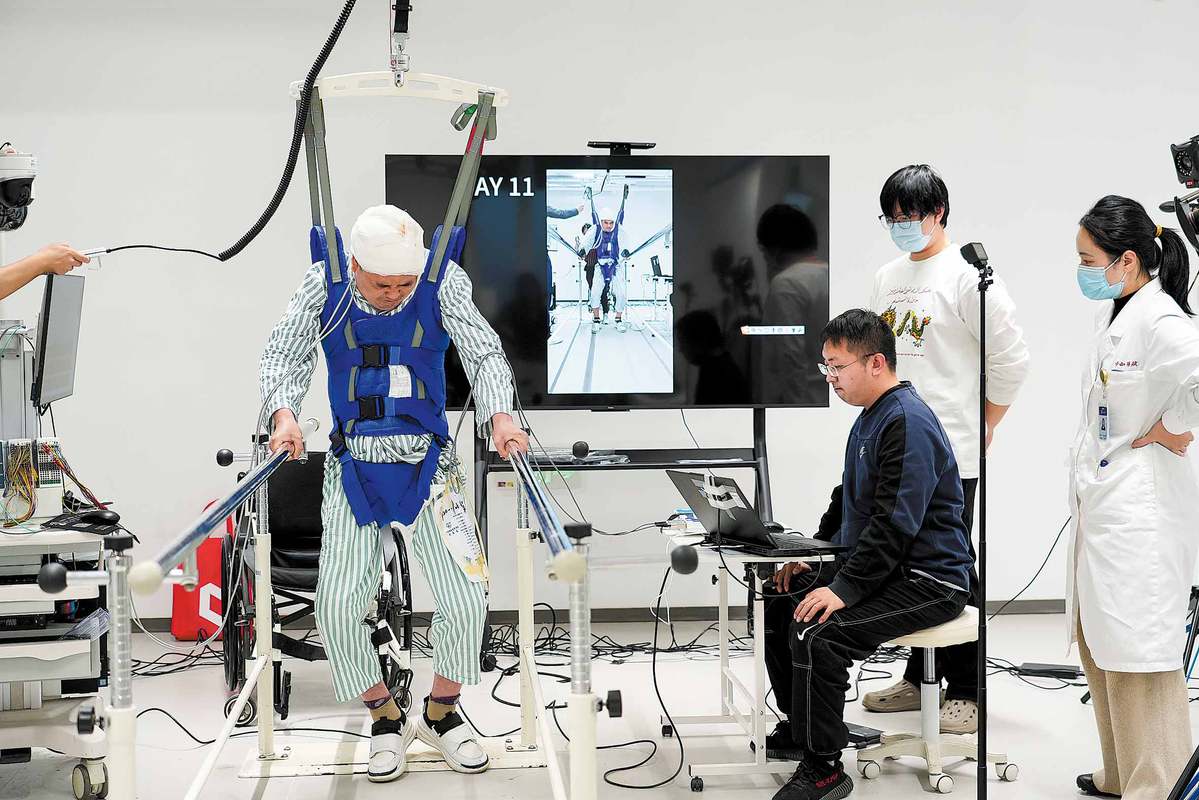Shanghai key to basic research lead
City's policies, investment help country maintain global edge in science


AI game-changer
Xu Xiaochuang, executive deputy director of the Institute of Science and Technology of Fudan University, said that the effects of the last scientific and technological revolution are declining.
"Future-oriented breakthroughs in scientific research can only be brought about by changing the underlying logic of science and technology," he said. Xu believes AI can bring a revolutionary change in scientific research.
Fudan has been deploying "AI for science", or AI4S, throughout the institution since late 2022.
To date, the university has established scientific intelligence centers in all first-level disciplines. There are more than 100 AI4S research teams at the university, covering research fields including solid-state batteries, material structure, human aging, protein structure prediction, brain-like intelligence, and Chinese civilization exploration. The school plans to establish a global AI4S alliance in May.
With the aid of AI technology, four paralyzed individuals have undergone surgery, the first of its kind in the world. The surgical process, done in Shanghai hospitals, involves implanting electrodes in the brain and spinal cord to build a "neural bridge" with the goal of restoring the ability to walk independently.
Fudan University's Institute of Science and Technology for Brain-Inspired Intelligence, which developed the technology, said the condition of each patient has improved.
Using AI, along with other approaches, a research team at Fudan designed a molecule not before found in nature, which has the potential to dramatically extend the life span of lithium-ion batteries.
A paper on the research, which may have significant implications for electric vehicles and electronic devices, was published in February in Nature.
"Without a paradigm change in research, our team would not have been able to rely on the traditional research model to achieve such results," said Gao Yue, a leading scientist on the research team.























